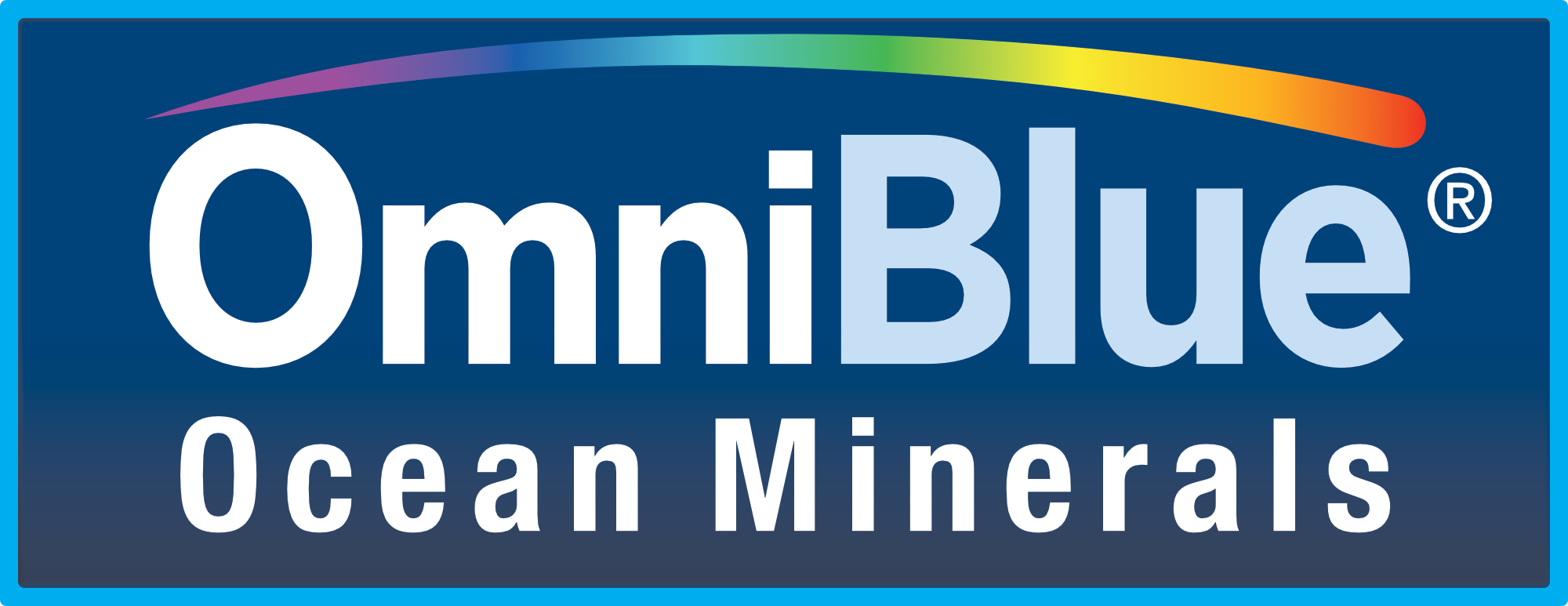Morning!
This week, we’re diving into a topic that affects more people than you’d think, yet still feels oddly taboo: infertility. And let’s be clear from the start, it’s not solely particular to any gender. Around 1 in 7 couples struggle with infertility, and men account for roughly half of all cases. Today, due to the complexity of each case, we’re only focusing on the female side.
Fertility is impacted by dozens of factors. Some are unchangeable, like genetics or anatomical issues. Others are more flexible, like weight, insulin resistance, inflammation, overtraining, chronic stress… you get the idea. And underlying many of these? Diet.
So instead of chasing a million variables, we’re focusing on the one that ties it all together, what you’re eating.

CORE
Why Diet Matters for Fertility
Your body is wired for survival. Reproduction only happens when it feels safe, nourished, and stable, as opposed to stressed, starved, or depleted. And while fertility may seem like a reproductive issue, it’s really a full-body one. We are what we eat, no doubt about it. If you’re nutrient-deficient, inflamed, or hormonally off-kilter, your body deprioritizes conception.
Harvard researchers found that diets rich in folate (B9), B12, omega-3s, and overall nutrient density (like in the Mediterranean diet) were linked to better fertility outcomes. That’s not surprising, those nutrients are foundational to hormone regulation, cell growth, and reducing oxidative stress, all of which are key to conception. If you want the full breakdown of the Mediterranean diet, we’ve got a deep dive right here.
Iron
This mineral is relatively abundant in our diets however woman are especially at risk for becoming deficient, primarily due to the hemoglobin loss during menstruation that causes a depletion in the bodies levels of iron that is usually not replenished.
One large study in Massachusetts tracked over 18,000 premenopausal womenand found that iron supplementation reduced ovulatory infertility by up to 40%. Another study in Austria found that women with fertility struggles often had low ferritin levels, a marker of iron transport, especially below 30 micrograms/L.
And yes, not all iron is created equal. Heme iron from red meat is absorbed far more effectively, up to 50x better, than non-heme plant sources. So if you’re looking to boost levels naturally, lean red meat still takes the crown (nutritionally speaking).
Check out our Real vs Fake Meat Debate edition for more on the differences between vegetable and meat iron.
Selenium
This trace mineral doesn’t get much press, but it’s vital for protecting ovarian follicles. Selenium helps create glutathione peroxidase, a powerful antioxidant enzyme that shields reproductive tissue from oxidative damage. Low selenium has also been linked to early embryonic arrest, a condition that can halt pregnancy before it begins.
You’ll find selenium in eggs, meats, grains, and dairy, but levels vary based on soil quality, farming practices, and bioavailability.
Pro-tip: OceanElements delivers over 12 micrograms of highly absorbable selenium, along with 70+ other trace minerals to support your whole system, helping you make sure that your body has what it needs to fight off oxidative stress and promote ovarian function. Get 10% off with Sub & Save today!
Magnesium
Struggling to conceive can become its own stress loop. Stress raises cortisol, which depletes magnesium, which worsens sleep, mood, and hormone balance… and on it goes. Magnesium can help break that cycle in a few critical ways:
-
It supports the production of FSH (follicle-stimulating hormone), which is crucial for maturing follicles.
-
It improves insulin sensitivity, which is especially important for women with insulin resistance or PCOS. When insulin is out of whack, it can elevate testosterone and throw off estrogen-progesterone balance, often resulting in anovulation (no ovulation).
-
It feeds the GABA system, which calms the nervous system and promotes rest, recovery, and better hormone signaling.
Final Thoughts
We did want to take a moment to mention that the editions of the newsletter posted on the OmniBlue website now have comments! So, whether you have a question for us, the community, want to point out something, and just leave a note behind, it’s now an option! Comment away!
Thank you again for those who answered the survey above!
Until next week!
- Nicolas & Adrian (Chief Dietitian) | The 8% Authors

Share:
The Truth About MSG
A Newsletter For Men. And For The Women Who Love Them.